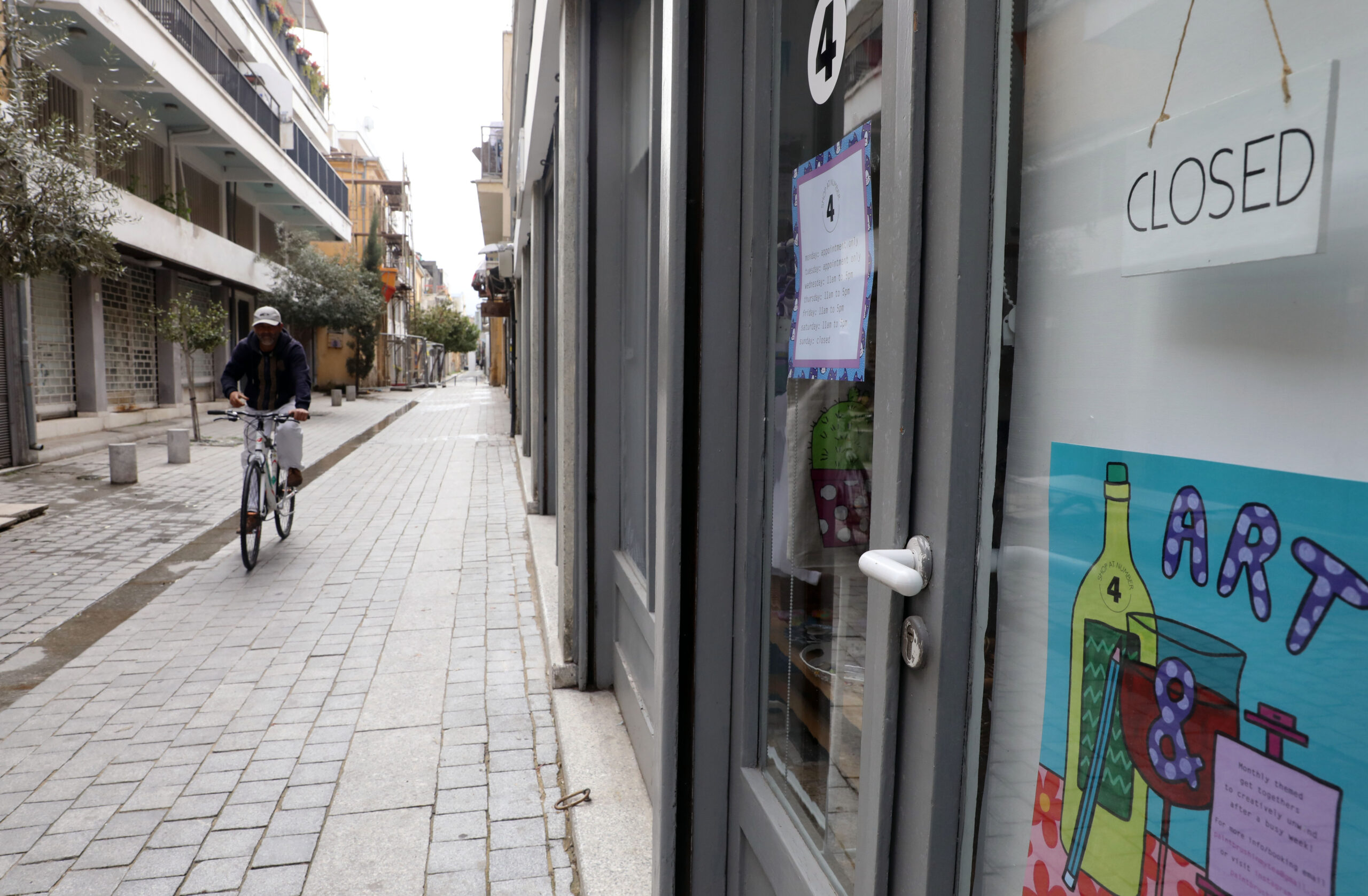Cyprus workers will earn no less than €890 gross a month, increasing to €930 after six months on the job, as the government edges closer to introducing a nationwide minimum wage.
Following a recent showdown between social partners over how the minimum wage would be calculated, the Labour Ministry on Wednesday laid down the law, informing stakeholders of the formula to be followed.
During a meeting of a special body set up by the ministry and social partners over the matter, Costas Stavrakis, a Labour Ministry official, explained the formula to resolve the dispute.
Unions and employers had locked horns following the death of Labour Minister Zeta Emilianidou earlier in June.
Until then, the sides seemed to be in agreement over the issue and were expected to add the final touches.
The in-fighting erupted after President Nicos Anastasiades failed to declare the introduction of the national minimum wage, honouring Emilianidou’s memory and hard work.
Trade unions blamed the government for going back on their word and employers for introducing last-minute changes.
Employers argued that nothing should be taken for granted before reaching a final agreement.
The thorniest issue between the two sides was whether the national median wage would be based on the calculations of the statistical service, which are lower than the EU Statistics on Income and Living Conditions (EU-SILC) cross-sectional and longitudinal sample survey.
A minimum wage is to be set at 50% or 60% of the median wage.
However, the Cyprus Statistical Service says the median wage is €1,573, while the EU-SILC European survey calculates it at €1,727, 9% higher than CyStat.
Stavrakis told stakeholders the EU-SILC’s estimates would be used for calculating the minimum wage.
According to reports, the methodology will consider that a week consists of 40 hours of work.
The minimum will be adjusted accordingly in workplaces where the working hours are below 40 or more than 40.
Kindergarten teachers, for example, have employment contracts that provide 38 hours of work per week, security guards work 44 hours per week, and part-timers work much less than 40 hours per week.
The EU-SILC methodology considers incomes, living conditions, working hours and, in general, the realities of the labour market.
According to reports, the minimum wage will be calculated at 54.3% of the median salary and overtime, based on an understanding between social partners, reach 60%.
The minimum wage will not cover housemaids and people employed in the shipping and farming industries.
The reasoning behind the decision is that these employees enjoy free accommodation and food their employers provide.
Labour Minister Kyriacos Koushos is set to hold separate meetings to get their feedback on the matter.
The national minimum wage is expected to be announced on Friday.










